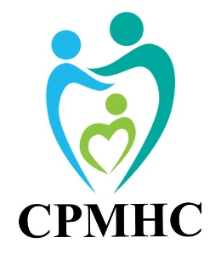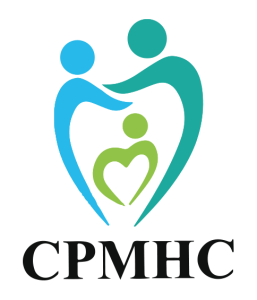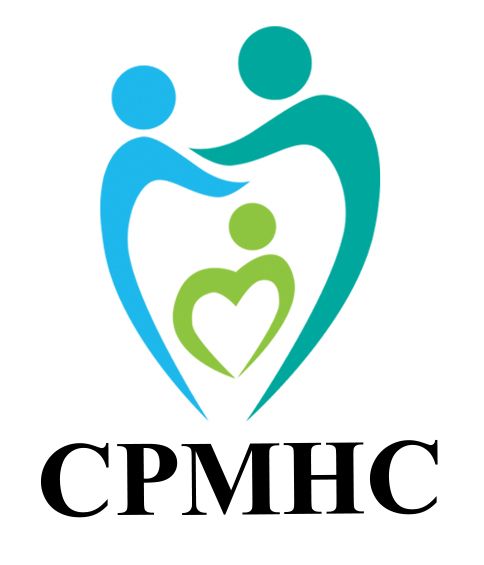What is Perinatal Mental Health?
Perinatal refers to the time period from conception to one year postpartum.
Perinatal mental illness refers to prenatal and/or postpartum – depression, anxiety, panic disorder, obsessive-compulsive disorder, post-traumatic stress disorder, bipolar disorder, and psychosis.
- Some of the consequences of untreated perinatal mental illness include: chronic depression; impaired parental-infant attachment; impaired cognitive/psychosocial development for the child; and maternal suicide or infanticide.
- In 2019, Statistics Canada released an infographic with results from its Survey on Maternal Health, which showed that 23% of mothers in Canada reported feelings consistent with postpartum depression or an anxiety disorder.
- Rates during the COVID-19 global pandemic doubled.
- Rates are even higher for 2SLGBTQIA+, Black and Indigenous individuals and people of colour.
- Suicide is the 4th leading case of maternal death in Canada.
- The health and wellbeing of individuals and families impacts every community in Canada.
- Perinatal mental illness is highly preventable and treatable.
- Our 2021 survey found that 95% of health care providers believe current perinatal mental health services are insufficient in Canada.
- Unlike the UK, Australia, and the US, Canada does not have a National Perinatal Mental Health Strategy.
- A National Perinatal Mental Health Strategy created in consultation with Canadians and provincial and territorial governments would ensure individuals and families receive treatment in a timely manner.



